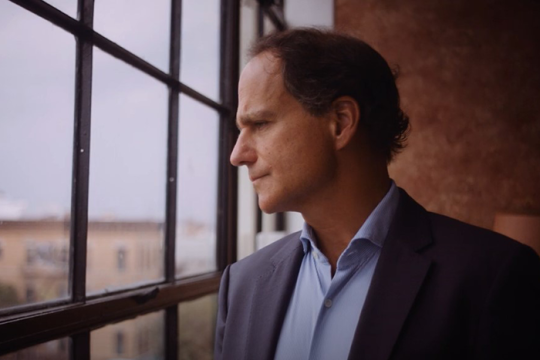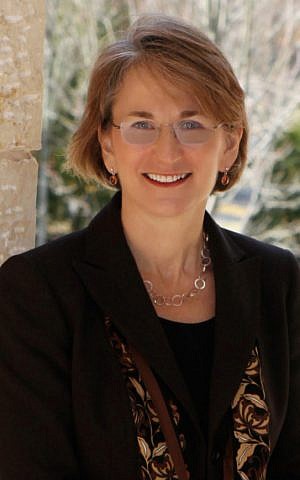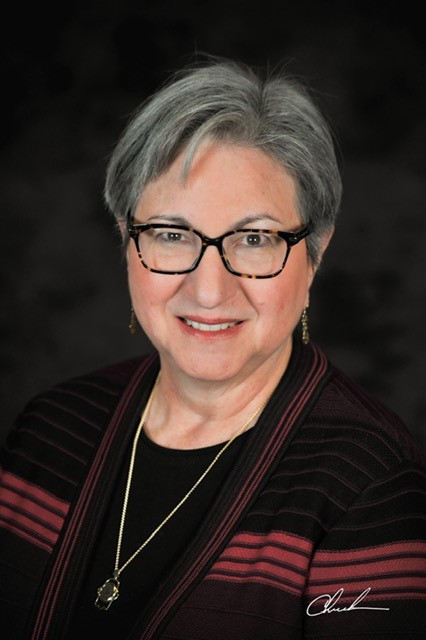A little over three years ago, the CCAR created the CCAR Task Force on the Experience of Women in the Rabbinate. At that time, an important conversation, long active underneath the surface of the rabbinate, was re-emerging with greater urgency. There was a confluence of things happening at the same time: We had just published The Sacred Calling: Four Decades of Women in the Rabbinate; the 2016 election season had generated a great deal of newly public anger about the treatment of women; and women were more willing to share stories and experiences that had been hidden away, sometimes for decades. Given our mission to support rabbis, the time was right to create this Task Force. We are grateful to our colleagues who served on the Task Force.
The work of advancing gender equity certainly didn’t start with this Task Force. There were earlier Task Forces that did help move the needle. Moreover, this is the work that the Women’s Rabbinic Network (WRN) has been involved with and has led since its founding. We are very grateful for WRN’s leadership and partnership on gender equity within the rabbinate, and indeed for working on this issue for so long when others within the rabbinate did not value its importance. Without the foundation they created and the way they brought visibility to these issues, and raised awareness, none of this would have been possible. And in addition, Women of Reform Judaism (WRJ) has been consistently involved in advancing the issue of gender equity more broadly throughout the Reform Movement. More recently, the Reform Pay Equity Initiative, under the leadership of our colleagues, Rabbis Mary Zamore and Marla Feldman, has taken the lead on pay equity and now the issue of parental leave, and we are so grateful for their leadership and vision.
When we initially convened this Task Force, we agreed that it would be a three-year process. We set out to use that time to first assess and study the landscape, so that we would know what the concerns were among our colleagues. We then began a process of creating resources, as well as making recommendations for policy changes. As a result of our work, policies have changed with the Placement and Rabbinic Careers system. Some pieces of this work, like the production of The Clergy Monologues that can be shown in communities as an educational resource, are still in process.
Many critical resources are now complete and available to congregations and Jewish communities, including:
- Gender Equity Checklist
- Gender Equity Map
- Guidelines for Critical Conversations on Gender Awareness and Equity
- Understanding Gender Language
- 10 Things You Can Do to Support Women in the Rabbinate
The Task Force section of the CCAR website contains many other useful resources, including sample sermons, text study resources, related articles, research, rituals, and bibliographies.
We are pleased to offer a full set of materials related to Implicit Bias Training for use by search committees hiring rabbis, synagogues, institutions, and organizational boards, as well as for us as rabbis who hire staff. These materials are available as free downloads for your use.
There is a much talk about the efficacy of implicit bias training. We know that the “one and done” method is not particularly effective, nor is training that attempts to rid us of our biases. Instead, what our materials aim to do is make us aware of our biases so that they don’t become obstacles. We all have biases—this is a part of human nature. But when we are aware of them, we can be more intentional about our interactions with others and not allow our choices to be governed by our biases.
We are especially pleased to share one of the outcomes and learnings of the Task Force here with you, a video about implicit bias. This video is meant to be used as a way to begin the conversation about implicit bias and ground people in the work of the training we have created. It can also be used on its own and is a great way to spark important conversations about bias. We invite rabbis and Jewish professionals to use it with your board, your youth groups, or anywhere within your community.
Reposted with permission from the Central Conference of American Rabbi's blog, Ravblog.
Related Posts
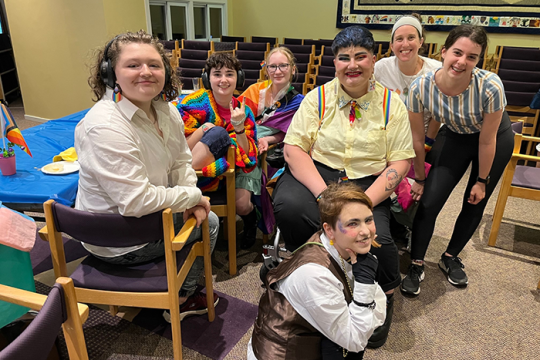
Standing for Inclusion and Love
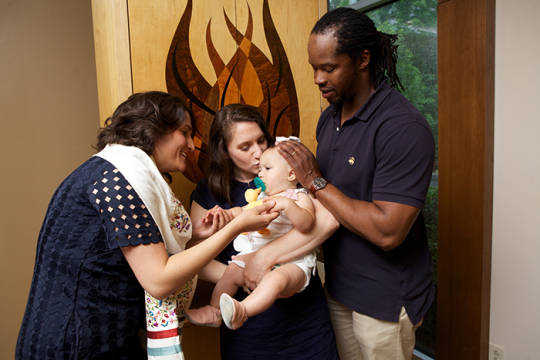
Interfaith Inclusion in Our Communities
